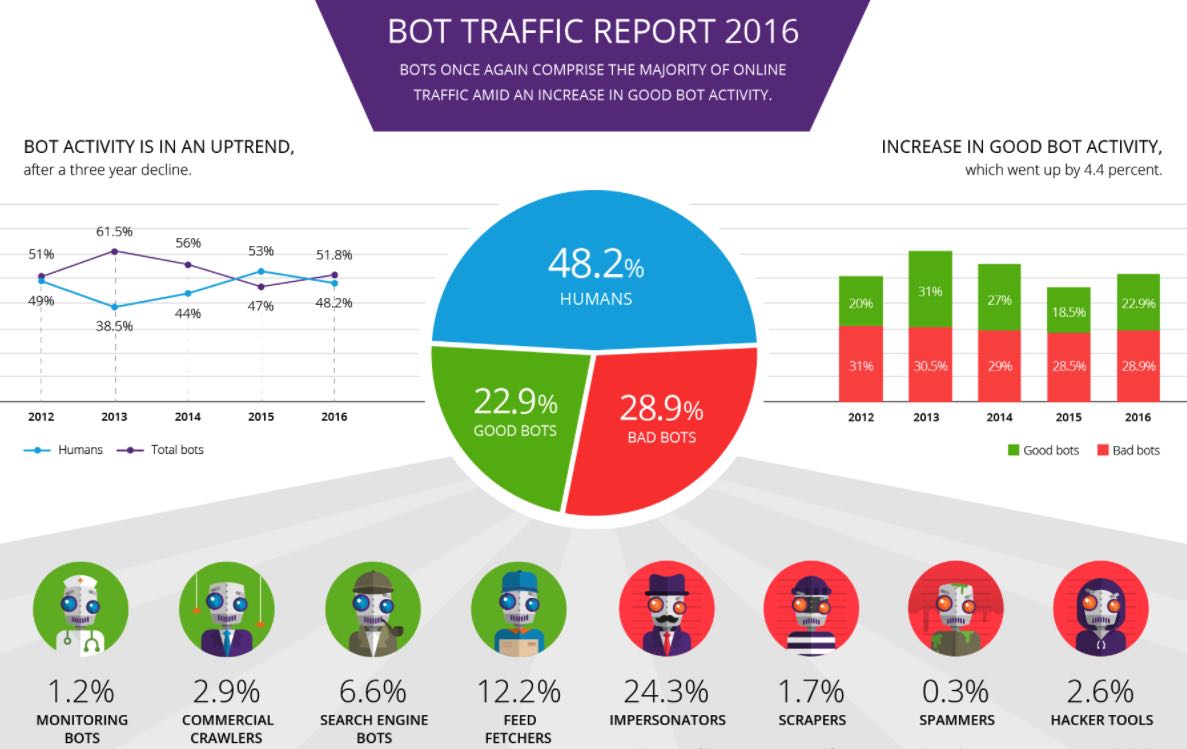In the biweekly call I’ve been running since I came to Greenpeace, we have some deep philosophical discussions. We start with something meta, and then talk about how that meta thing relates to Greenpeace. In our call last week, our meta topic was “robots”. We talked high level for a bit, and then we focused in on what thinking about robots might mean from a Greenpeace perspective.
Robots are capable of doing a great many things that we puny humans are kind of lame and slow at. I’ve been thinking a bit about why we work in the first place. It seems that our true job is to sustain ourselves and make it through life. Our bodies are all about maintenance, our minds stimulation. We’ve been hunters and gatherers and farmers and factory workers. More and more, we have the opportunity to be thinkers.
The global economy is going to change, it is changing. Millions of workers will be displaced, and the robots will take over. It’s interesting. If the robots take all our production jobs, we have the time to learn to understand our brains and minds. We’ll have time to think up solutions. We might be moving fast into the future, but until we can transverse the globe in mere seconds vis a vie a matter transporter or cure pancreatic cancer or even just feed our species, we shouldn’t be worried about Skynet.

Anyway, it’s estimated that robots will do 50% of the jobs we currently have by 2020. Obviously, this is a huge social issue. The employment model that we’re used to is already crumbling. People are reacting to a downturn in their local economy, and the wave of nationalism continues to spread. Robots have a part here as our innovation outpaces our social structures. The discussion of universal basic income is an indication of this. As is the discussion on taxing robots.
But there are more issues to consider when we talk about robots – issues that an organization like Greenpeace, and indeed each of us who possesses the gift of intellectual thought, are going to have to consider. Take for example the robot that Brian Fitzgerald brought up in our call.
Brian talked about an article he had read on smart genetic scissors. These scissors can cut pieces out of genomes, they are a type of robot, and a cheap easy tool for DNA modification. This has all sorts of implications. For example, one might use these scissors to modify the mosquito genome and rid the planet of malaria. Sounds great, right? But it is sending a genetic mutation into the hereditary future. Fascinating, but dangerous too? We don’t really know.
There are already examples of genetic mutations being sent into the future. Any one who has studied a little bit of Inca culture will know that the Incas were big genetic modifiers. Corn used to be just a grass. The Incas modified potatoes, yams, tomatoes – dozens of fruits and vegetables through primitive cross breeding and splicing – one might argue that our technological advances aren’t actually much different.
Steve had a different take on the phrase “hereditary mutations”. He said,
“Well my kids are mutations for the hereditary future.”
Touché.
As we traveled further down this rabbit hole, we talked about needing accountability and control on how these things progress. We need to pay attention to the social implications of our technology and innovations. We’ve accepted all kinds of things in the world, like favelas and shanty towns, people living in trash cities, people not having food, conflicts over minerals used to build our laptops, human slavery – the list is endless. We’ve accepted these things as long as we don’t have to see them in our protected western world.
We need to find a way to look at people as equal, regardless of where they are or where they’re from. We need to recognize and celebrate our differences. Strive towards global equality. Robots need to be part of it, but we need to be human centric.
We’re not talking about a theoretical future. We’re talking about now. Thanks to all the folks who come to this call and have these crazy rambling conversations with me :)